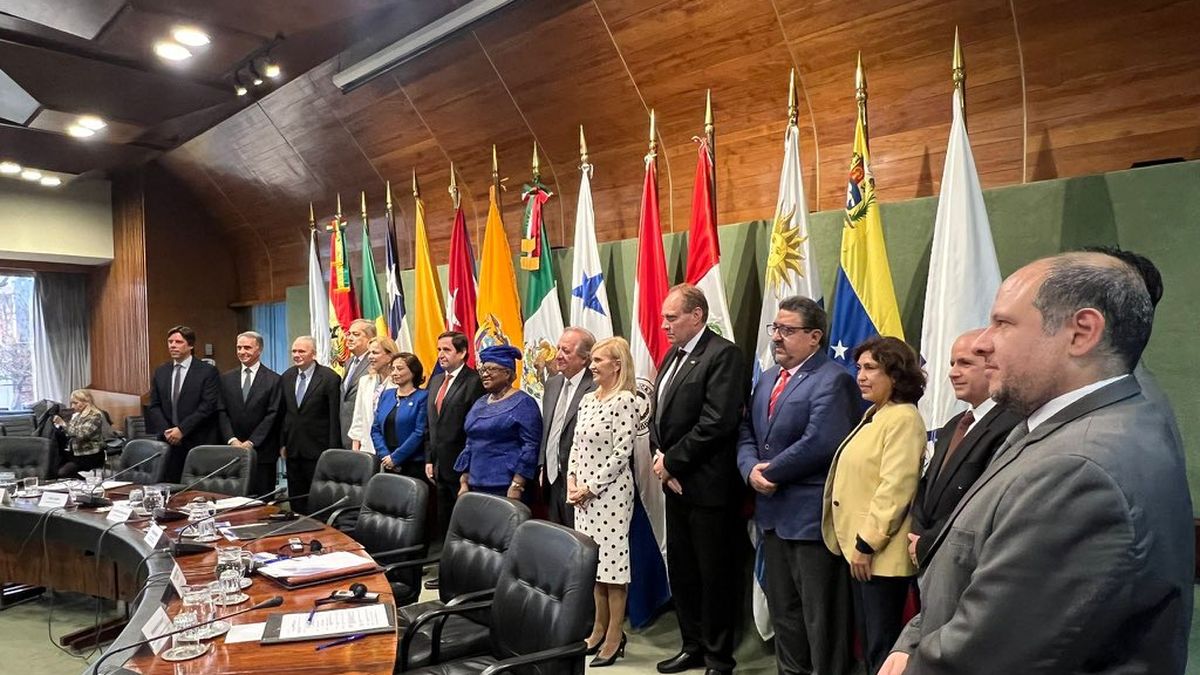Brazil and Argentina They asked the general director of the World Trade Organization (WTO), Ngozi Okonjo-Iweala, guide in Geneva the stalled negotiations on agricultural subsidies, which they consider key to guaranteeing global food security.
Okonjo-Iweala heard the proposal at the headquarters of the Latin American Integration Association (Aladi) in Montevideo, which he visited within the framework of the 30 years of the Marrakesh Declaration, with which the Uruguay Round of the GATT concluded and established the WTO.
“It is very important to advance on the agricultural issue,” said the ambassador of Brazil before the Aladi, Antonio Ferreira Simoes. “Whom South America, In the Southern Cone, 30% of the world’s food is produced. “If we have a world with fewer agricultural subsidies, we will be able to produce even more.”
And he added: “The best way to guarantee food security is to eliminate subsidies, or at least reduce them. Because it is a way to make those who produce without subsidies be able to produce and export more.”
Before, the Argentine representative before Aladi, Alan Beraudhad asked Okonjo-Iweala for her “personal involvement” and “leadership” so that, at the next meeting of the WTO General Council, on May 22 and 23, the document presented by Brazil to advance the negotiations on agriculture.
Beraud said that this will allow us to have “a roadmap” for the 14th WTO ministerial conference, which should be held in 2026.
Food safety
The 13th ministerial conference of the WTO concluded on March 2 in Abu Dhabi without progress on several sensitive issues, including agriculture. Although the WTO eliminated subsidies on agricultural exports in 2015, many members called for addressing countries’ internal measures that distort trade.
Consulted by journalists, Okonjo-Iweala He committed to promoting discussions that ensure that there is no lack of food in the world. “We are going to work very hard to make progress in negotiating domestic support issues, that is, reducing subsidies, allowing competition, improving market access and making agriculture more sustainable. We expect great progress. “, he claimed.
In his speech, Okonjo-Iweala he opposed protectionism and called for “reimagining globalization.” “We need to decentralize the supply of value chains to countries that did not benefit from the first wave of globalization,” she emphasized, underscoring that Latin America can take advantage of these new opportunities.
Source: Ambito




